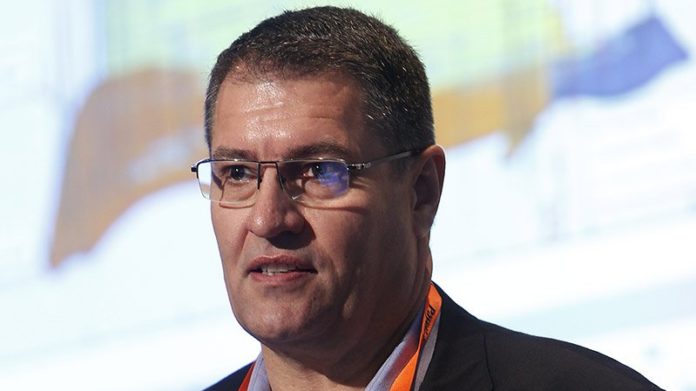
THE major problem holding back development of the junior mining industry in South Africa has been far too much talking and not enough action, according to Orion Resources CEO Errol Smart – but that could finally be changing.
A major step forward was taken over the weekend with the signing the SLA (service level agreement) with the preferred bidder to provide South Africa’s new mining cadastral system.
That is the PGM Consortium consisting of Canadian companies GeoTech Systems, MITS Institute and Gemini GIS & Environmental Services which was chosen in January.
Smart described the signing of the SLA as “giving me a rush. The news that we are moving forward is the most incredible news because it can actually springboard us.”
Speaking on a panel discussion at the Junior Indaba investment conference being held in Johannesburg Smart commented: “We have been speaking about this forever.
“We speak and we speak and we speak and we speak. And when I sit with these gentlemen (government officials) in a room behind closed doors we agree and we agree and we agree.
“And then we come to conferences and the minister makes statements about what’s going to happen. But nothing happens. It all stays the same. That’s been going on for the past six years.”
Tseliso Maqubela, deputy director general for Mineral and Petroleum Regulation, defended the time taken to choose the consortium and sign the SLA given Government’s priorities to ensure that, when spending state funds, it received what it had procured and that it did not have cost overruns.
“That SLA had to be tight because the Canadians are very tough negotiators. They want to make sure that what they have quoted they are able to get back but at the same time we don’t want overruns from our side.
“We have taken the time that is normally taken by other countries. I think we need to be careful. We need to be driven by data and facts. We need to guard against being driven by emotions because that’s how you kill democracy and progress.”
Smart added that the brownfields mining project opportunities in South Africa were “extraordinary.”
He described these as “low hanging fruit” which were easier to develop than greenfields projects starting from scratch and he also sounded optimistic about South Africa’s ability to develop them.
“The opportunity we have in South Africa is that we have sites that can be big mines again quite quickly. The orebodies are still there. But it all starts with – is the system working? Are all the elements of the system working together.
“I now finally feel that we starting to see progress. For all the irritation with Eskom and Transnet and logistics and law and order things do like they are on the up with Eskom.
“Let’s see what happens next month but all my colleagues from the Minerals Council who are involved in the electricity supply initiative together with Eskom are saying that, even if Eskom wanted to do it two years ago, they could not.
“Now they can. That’s a big positive. We see the police arresting people for illegal mining. They are clearing up the mess. There’s a long way to go but it’s progress.”











